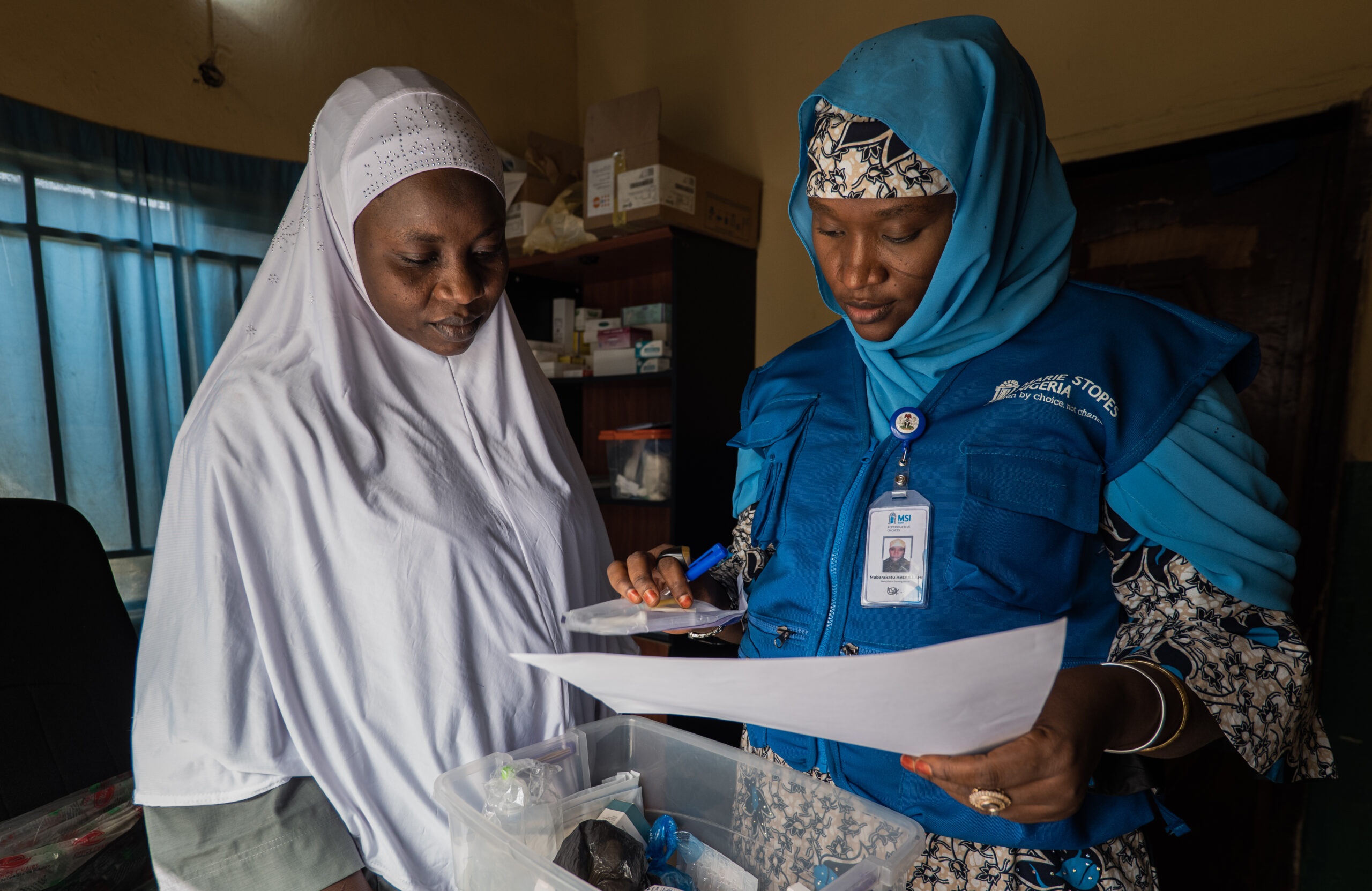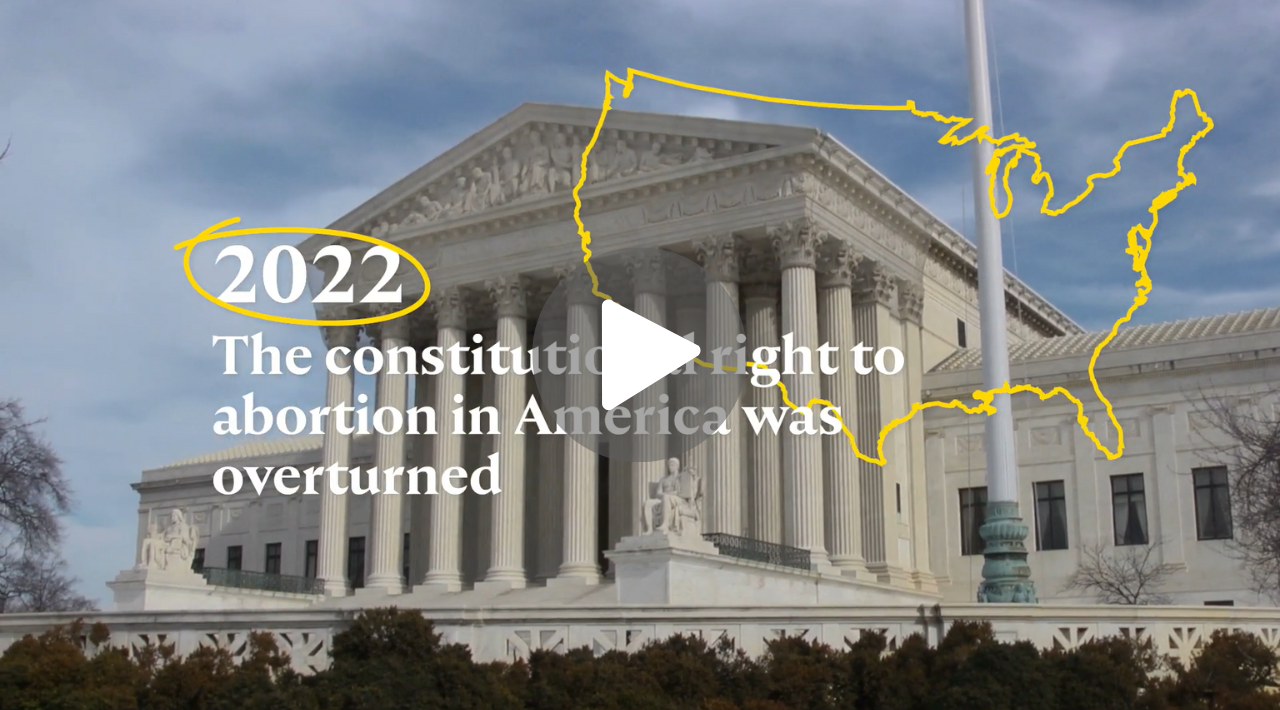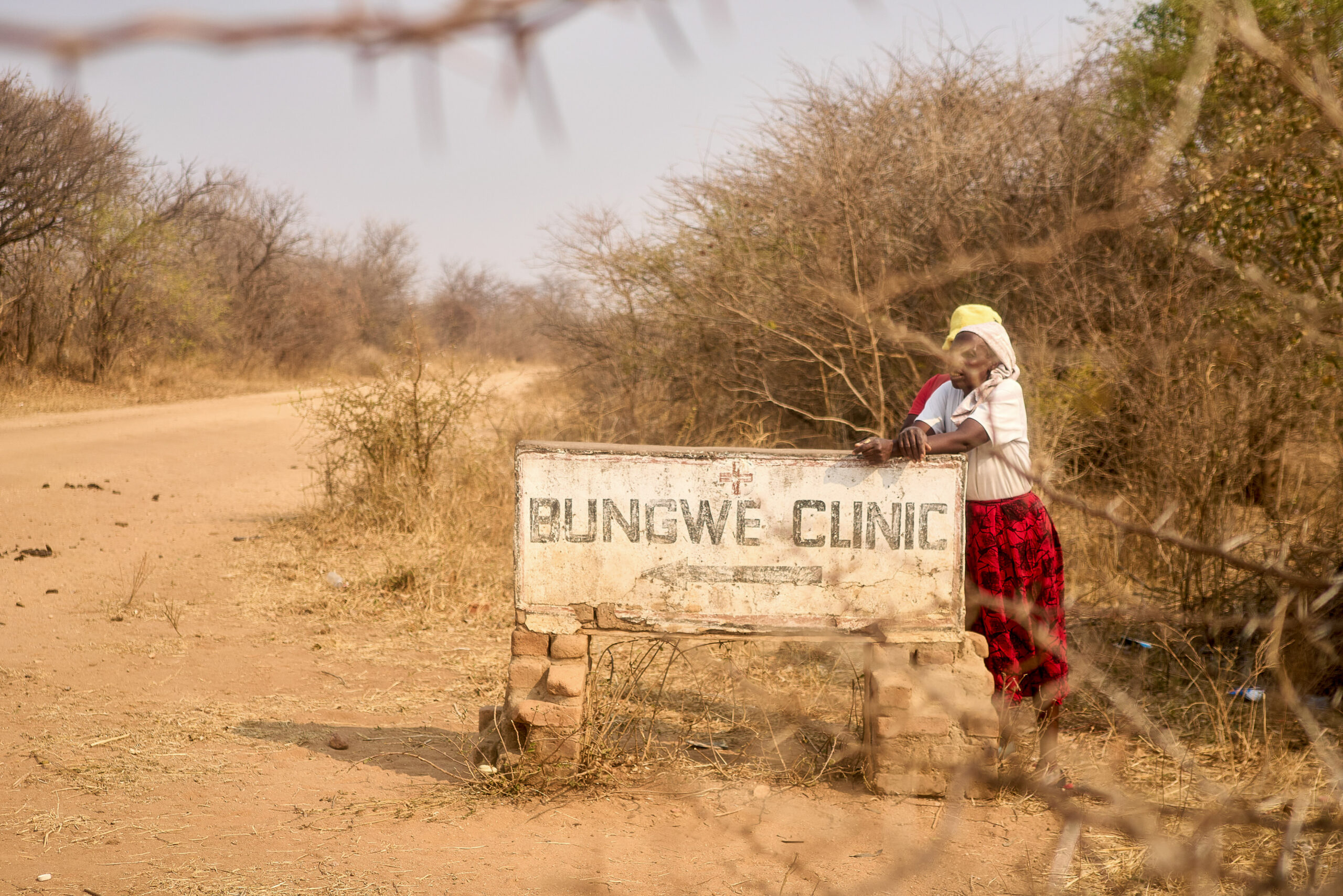“These women face real challenges, especially in the Centre-North region.”
In Burkina Faso, there are currently over one million Internally Displaced Persons. Around 40% are hosted in the Centre-North region.
In times of crisis, women are at increased risk of sexual and gender-based violence and the number of unintended pregnancies, unsafe abortions and maternal deaths rise.
But despite a continued and intensified need, sexual and reproductive health services are often undervalued and de-prioritised, leaving refugees, internally displaced people and other groups affected by displacement without access to vital services.
We need to make sure that access to sexual and reproductive health services remains a priority in any emergency response.
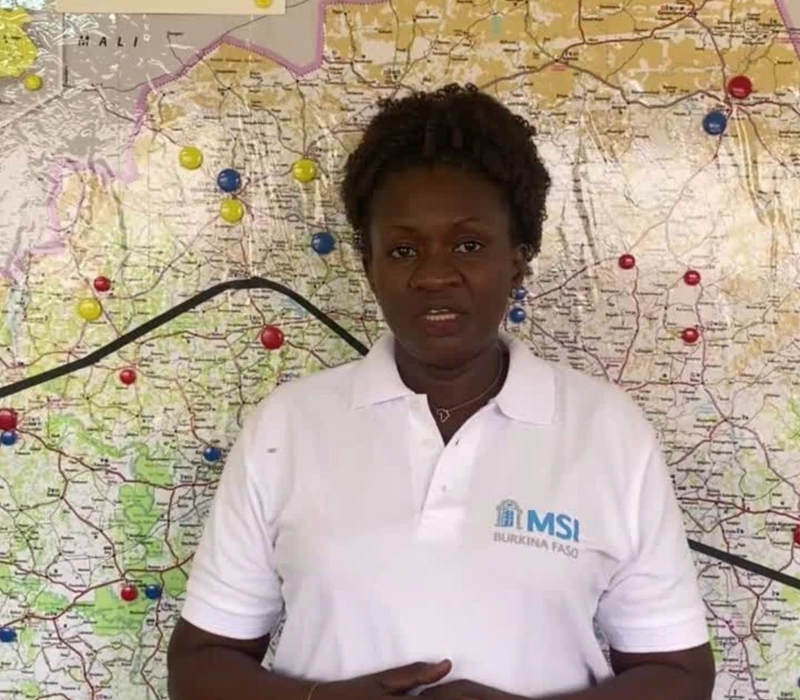
Tana works at MSI Burkina Faso and oversees the MSI Ladies channel in the region. Our MSI Ladies are trained midwives and healthcare providers who work within their communities to deliver services to people on their terms.
With an rising number of internally displaced people in Burkina Faso, Tana was nominated as the Humanitarian Focal Point.
“I am often on field missions, for instance doing supervisions and overseeing the humanitarian strategy implementation in the region, and I have been moved by the way women struggle to get food, struggle to find somewhere to live. There is an obvious need for sexual and reproductive health care services, which is not often considered.”
“She shared with me the joy she felt when receiving her contraceptive method, to not be exposed anymore to the risk of an unwanted pregnancy.”
In these settings, MSI supports internally displaced women to access sexual and reproductive healthcare, including contraception, information on avoiding unwanted pregnancies, cervical cancer screening, STIs and HIV screenings and treatment, and gender-based violence services.
Tana knows the positive impact MSI’s services has had on these women’s lives and that with free services, many more women are coming to MSI for contraception and information on their sexual and reproductive health.
“These women face real challenges, especially in the Centre-North region. We know their priorities are to provide [mainly food and housing] for themselves and their families. At MSI, our main role is to support these women so that they can avoid unwanted pregnancies, avoid STIs, and HIV so they can continue to provide under better circumstances.”
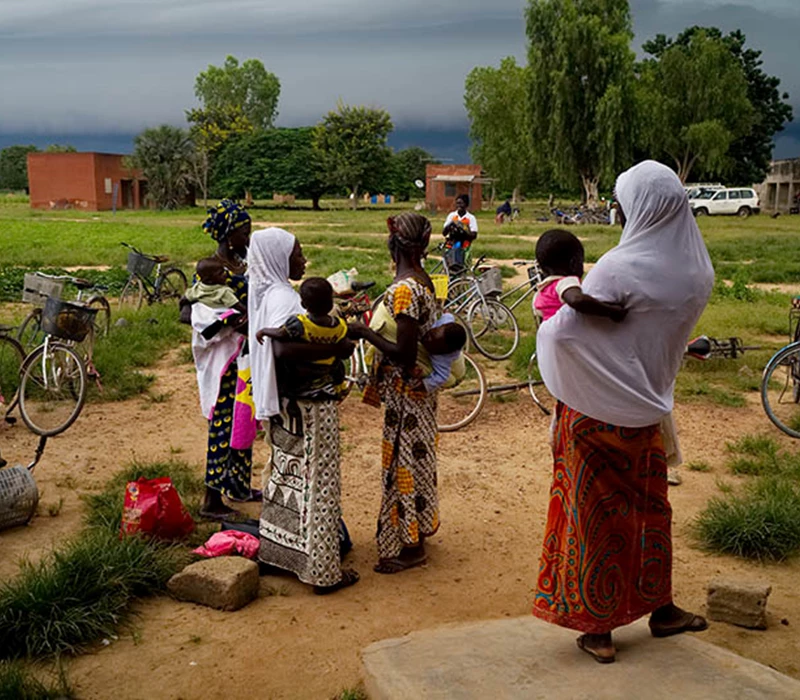
Tana’s motivation is driven by the lack of support women receive and works to give all girls and women a chance to access contraception.
She remembers one time when she was on a humanitarian mission in Kaya, the capital of the Centre-North region. She saw a woman with a baby on her back and a toddler around three. Tana asked her about sexual and reproductive health and if she was aware of the public health centre where MSI’s mobile midwives could support her to access contraception, if she’d like to. She decided to go with Tana to the centre and after a counselling session, received an implant that day.
“She shared with me the joy she felt when receiving her contraceptive method, to not be exposed anymore to the risk of an unwanted pregnancy, having her little ones with her.”
Help bring life saving services
Access to sexual and reproductive healthcare is empowering, cost-effective and can be life-saving, yet progress to integrate these services in the emergency response has not kept pace with the escalating threats facing women and girls.
We know when refugees and other displaced people have access to sexual and reproductive healthcare, they are healthier and better able to adapt to their changing environments.
At MSI, we are committed to providing life-changing reproductive health services and to leave no one behind. For us, sexual and reproductive health is an essential human right; a life-saving component of any emergency response.
Help us ensure every person has access to sexual and reproductive healthcare when they need it; a life-saving component of emergency response.






